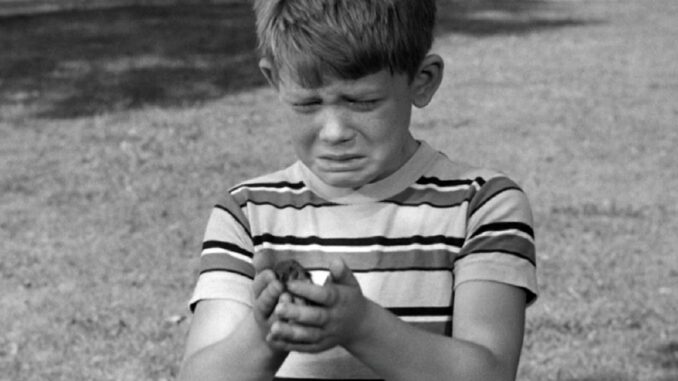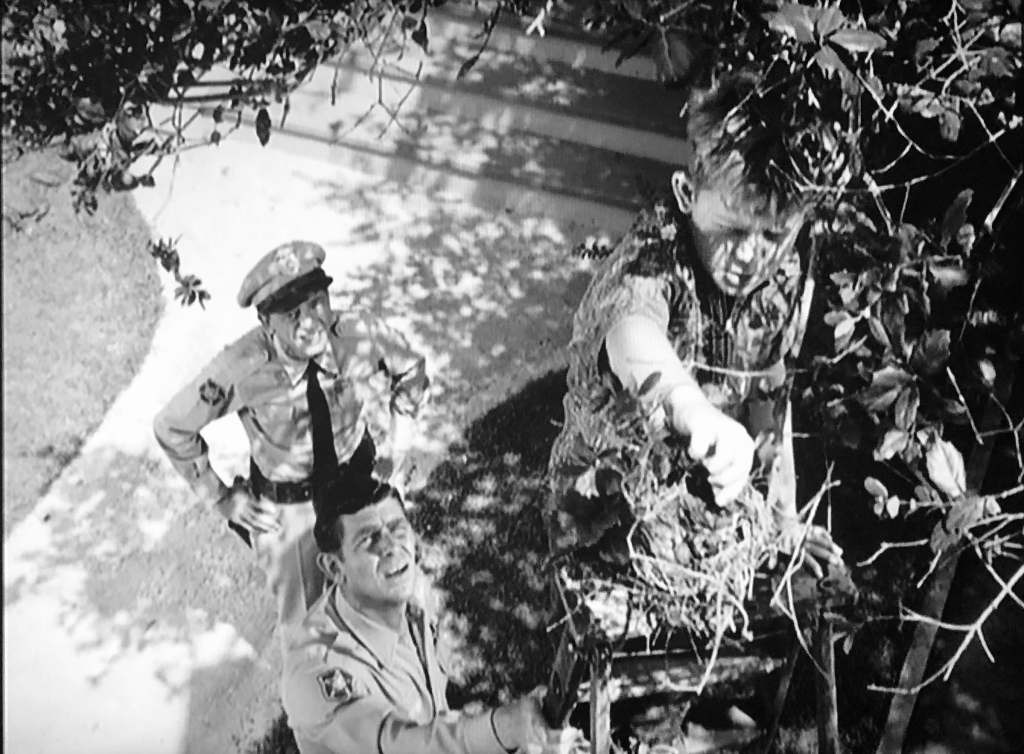
Introduction
There are episodes of television that entertain us. And then there are episodes that stay with us. “Opie the Birdman” — from the fourth season of The Andy Griffith Show — is one of those rare gems. It’s more than just a story about a boy and a bird. It’s about guilt, growth, compassion, and one of the most genuine moments of fatherhood ever captured on TV.
Let’s dive into why “Opie the Birdman” isn’t just a fan favorite — it’s the emotional heartbeat of the entire series.
The Episode That Changed Everything
What Happens in ‘Opie the Birdman’?
Opie, curious and carefree, shoots a bird with his slingshot. At first, he’s thrilled by his aim — until he hears the bird’s chirping stop. Realizing the bird was a mother and her babies are now orphaned, Opie takes responsibility. He brings the baby birds into his home, nurtures them, and eventually sets them free.
A Turning Point in Mayberry Storytelling
This wasn’t just another light-hearted episode. It marked a shift in tone. It blended morality, character development, and emotional storytelling in a way few sitcoms dared.
Why This Episode Resonates Across Generations
It’s a Story of Innocence and Accountability
Opie starts off doing what any boy might — playing with a slingshot. But when he sees the consequences of his actions, something clicks. The viewer sees a child grow up in the span of 25 minutes.
One of the Most Tender Father-Son Moments on TV
Andy doesn’t yell. He doesn’t shame. Instead, he uses quiet disappointment and wisdom. That subtle look on Andy’s face when he explains what happened? It speaks louder than any lecture.
It Treats Kids Like Capable Moral Beings
The episode respects children. It doesn’t talk down to them. It challenges them — and the adults watching — to be better.
Andy Griffith and Ron Howard: Magic On-Screen
Ron Howard’s Breakthrough as Opie
Ron Howard was already a fan favorite, but this episode gave him emotional weight. Watching a young Ron Howard sob while releasing the birds? It’s acting that tugs at the heartstrings, even decades later.
Andy Griffith’s Masterclass in Parenting
No shouting. No belittling. Just presence. Andy Taylor doesn’t fix the problem for Opie — he helps him find the courage to fix it himself.
A Quiet Revolution in Sitcom Storytelling
Breaking the Mold of 1960s TV
In an era where sitcoms often relied on laugh tracks and gags, “Opie the Birdman” stood out. It wasn’t about laughs — it was about life.
No Background Music, Just Silence
Notice the quiet? That stillness when Opie hears the chirping stop — and the silence that follows — is powerful. That absence of sound forces the viewer to sit with the moment.

Why Critics and Fans Still Praise This Episode
TV Guide Called It “The Finest Half-Hour of TV Ever”
That’s no small praise. In fact, many TV historians and critics consistently rank this episode among the greatest in television history.
Fan Forums Still Talk About It Today
Reddit threads. Facebook fan pages. Classic TV blogs. They all circle back to “Opie the Birdman” as the standout episode.
The Episode’s Subtle Lessons About Life
Actions Have Consequences — Even for Kids
Opie didn’t mean to harm. But harm was done. The show teaches that intent doesn’t erase impact — a message as relevant today as it was in 1963.
Empathy Is Learned, Not Preached
Rather than telling Opie to be empathetic, Andy allows him to experience it firsthand — feeding the birds, watching them grow, and finally letting go.
How This Episode Influenced Later TV Shows
The Blueprint for Moral Storytelling in Sitcoms
From Boy Meets World to The Wonder Years, many shows followed this episode’s lead: emotional depth over punchlines.
It Helped Shape the Genre of Family-Friendly Dramedies
Without “Opie the Birdman”, we might not have seen shows that balance comedy with real-life lessons thrive the way they did.
Behind the Scenes of a Classic Episode
Director Bob Sweeney’s Subtle Genius
Sweeney didn’t over-direct. He let the actors breathe. That pacing gave the episode its emotional weight.
Writers Harvey Bullock and Ray Allen Got It Right
The script is lean but powerful. Not a word is wasted. It’s poetic in its simplicity.
The Bird Cage as a Metaphor for Growth
A Visual Symbol of Guilt, Growth, and Freedom
The bird cage isn’t just a prop. It represents Opie’s responsibility. When he finally opens it, it becomes a symbol of release — not just for the birds, but for Opie himself.
Why This Episode Still Matters Today
In a Noisy World, Quiet Lessons Stand Out
In a media landscape full of flash and noise, “Opie the Birdman” reminds us that simplicity can be powerful.
Its Message Transcends Time and Technology
Whether you’re watching on a black-and-white TV or streaming on your phone, the message hits just as hard.
The Lasting Legacy of ‘Opie the Birdman’
Still Shown in Schools and Parenting Classes
Believe it or not, this episode is still used to discuss emotional growth, parenting techniques, and child psychology.
One of the Most Shared Clips Online From the Show
YouTube views. TikTok reflections. Social media commentary. It’s the episode that keeps giving.
What Other Shows Can Learn From This One Episode
Don’t Underestimate Your Audience — Especially Kids
Give them something real. Something emotional. They’ll thank you for it.
Let Characters Fail. Let Them Learn. Let Them Grow.
That’s where real connection happens. Not in perfection, but in the journey toward it.
Conclusion: Why ‘Opie the Birdman’ Is the Soul of Mayberry
When you think of The Andy Griffith Show, it’s easy to remember the laughs, the quirky townsfolk, and the simple charm of Mayberry. But “Opie the Birdman” is its emotional anchor. It’s the moment when a boy becomes a little wiser and a father teaches through quiet strength.
It’s not just the best episode — it’s the heart of the show.
FAQs
1. Was ‘Opie the Birdman’ based on a true story?
No, but it was inspired by real-life themes of childhood innocence, responsibility, and parenting. The writers crafted it to mirror the kinds of emotional lessons children actually face.
2. Why is ‘Opie the Birdman’ considered so iconic?
Its emotional depth, timeless message, and brilliant performances elevate it beyond standard sitcom fare. It’s a masterclass in writing, acting, and moral storytelling.
3. How old was Ron Howard when he filmed this episode?
Ron Howard was about 9 years old during Season 4. His performance was widely praised for its maturity and sincerity.
4. Did Andy Griffith ever comment on this episode?
Yes, Andy Griffith often cited “Opie the Birdman” as one of his favorite episodes. He admired the writing and considered it a pivotal moment for the show.
5. What season and episode number is ‘Opie the Birdman’?
It’s Season 4, Episode 1. It originally aired on September 30, 1963, and is often listed among the best in the entire series — and in television history.